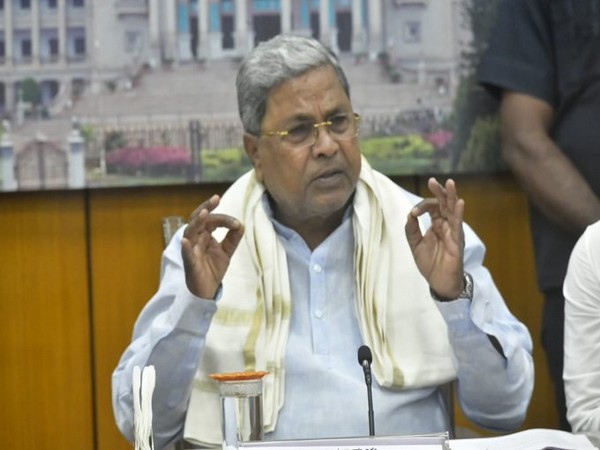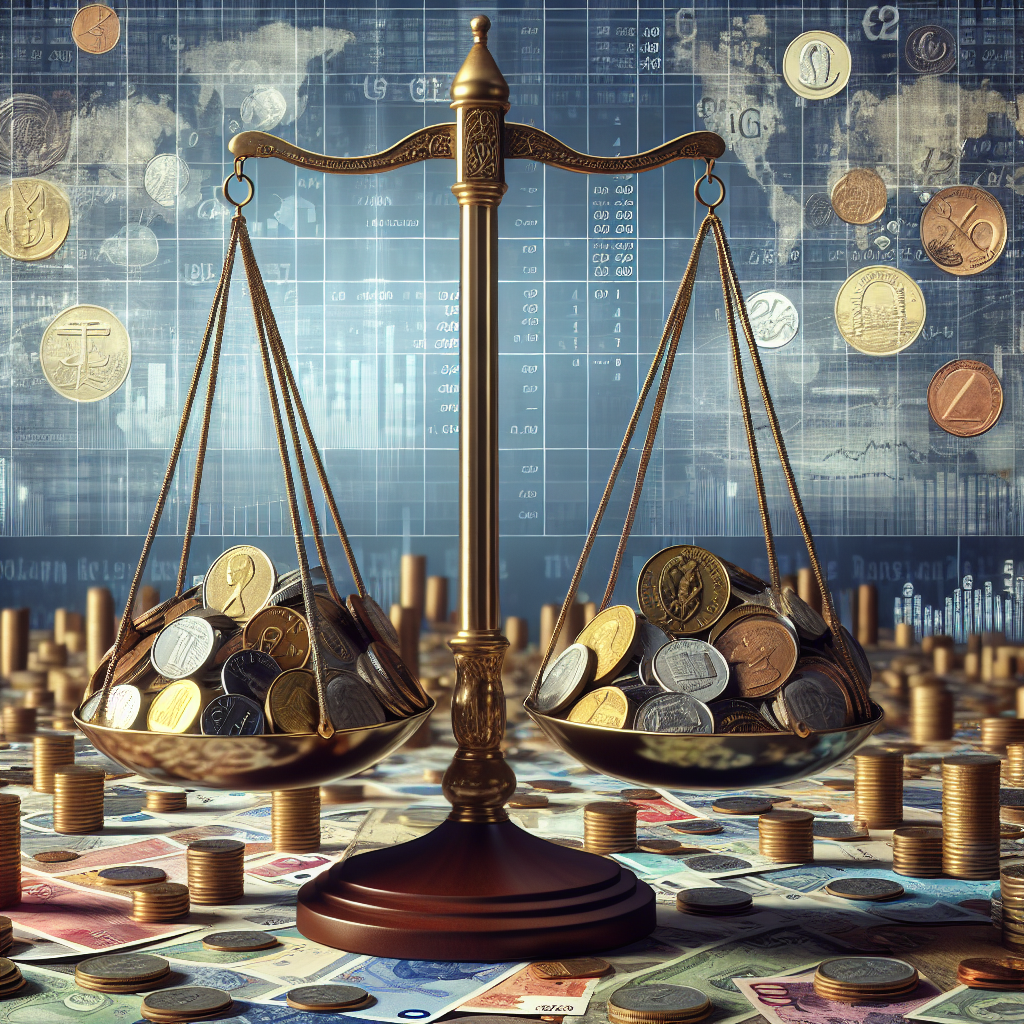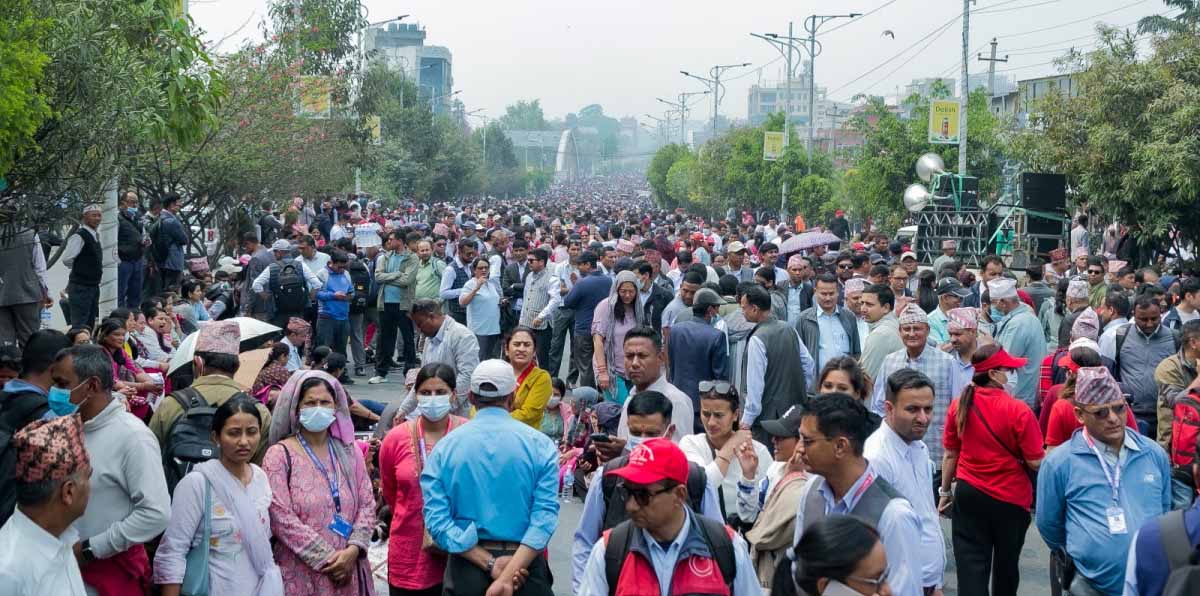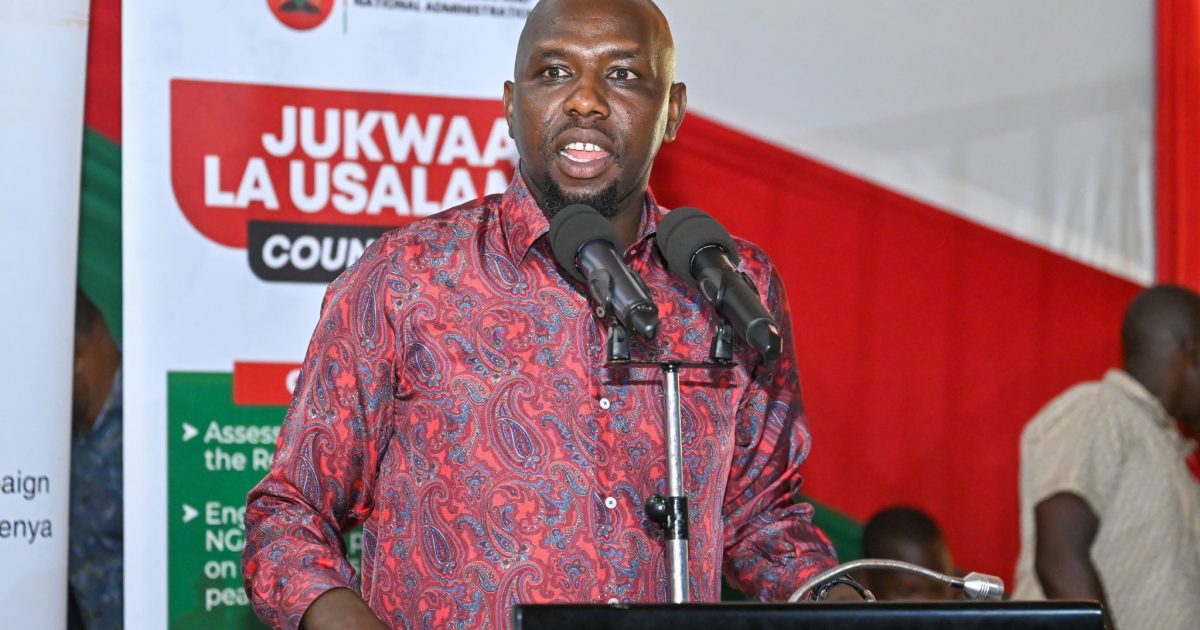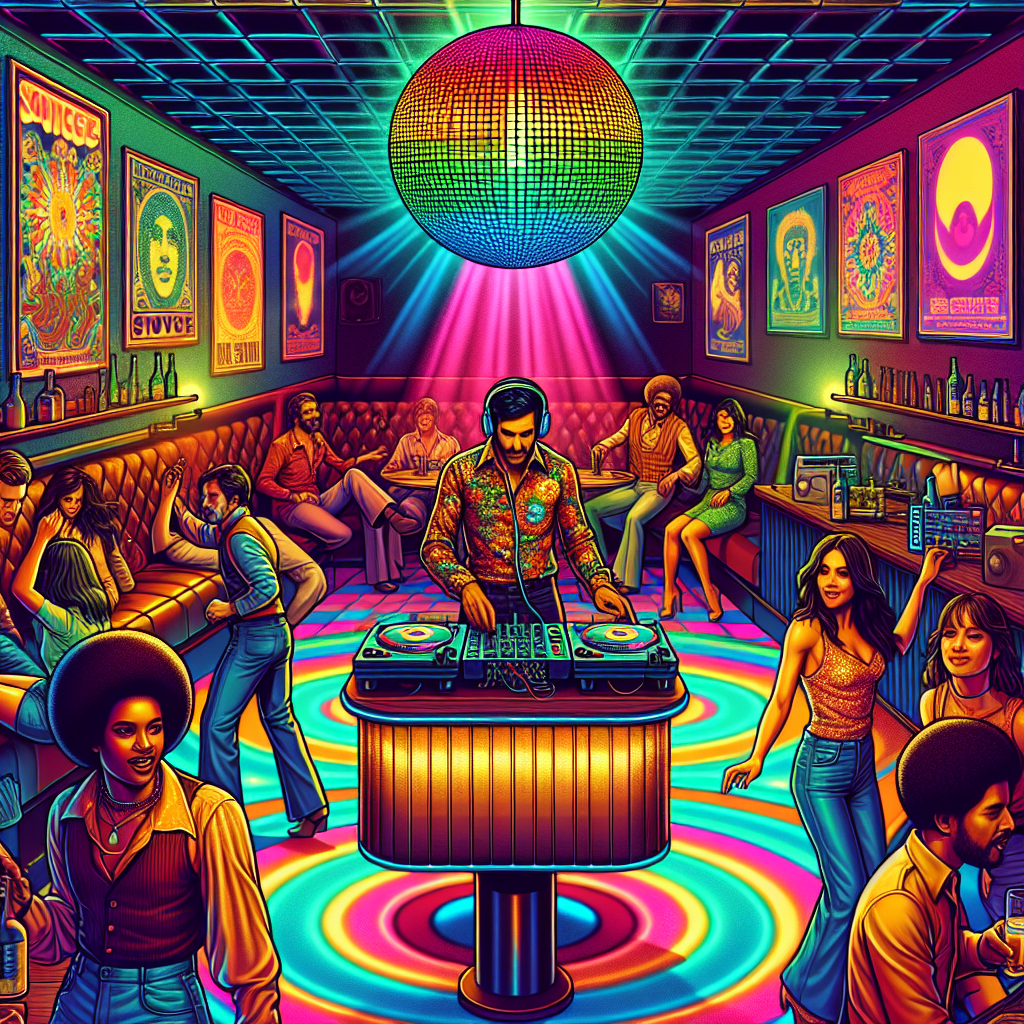Argentinian president Javier Milei promised radical changes before he came to power. Now, after just over a year in office, there are many signs that point to a relative improvement in the Argentinian economy. Wages are starting to catch up with inflation.
Inflation fell from a peak of 25.5 per cent in December 2023 to 2.7 per cent in December 2024.

The national deficit has been reduced and economic activity has rebounded.The poverty rate, after having increased, is now reportedly lower than it was when the Milei administration took power at the end of 2023.Thanks to his successes, Milei’s public image remains very positive.
In fact, according to the latest polls, he still has the support of a considerable part of the population, even after scandals such as the recent promotion of the $LIBRA memecoin.This economic success has been associated with close relations to different elements and figures of the far right, including the American Donald Trump and the Salvadoran Nayib Bukele, both controversial leaders because of their authoritarian tendencies. These relationships, as several observers point out, are not without risks to democracy.
As a PhD candidate in political science at Laval University, my research focuses on authoritarianism in Argentina, and especially with the new government of Javier Milei. À lire aussi : Is Argentina's new president, Javier Milei, a far-right leader? The answer is not simple A way of doing things in modern democraciesSurprisingly, there’s no real consensus among researchers on how to define and measure authoritarianism.The most commonly used indicators, including data from Varieties of Democracy, tend to focus on a negative definition of authoritarianism.
According to this approach, authoritarianism can be understood as the erosion of democracy, in particular the non-existence of elections, or limitations on civil liberties.This way of defining authoritarianism, even if it’s relevant for describing a wide variety of regimes, has been criticized in recent years. According to Marlies Glasius, professor at the University of Amsterdam, this negative lens leaves out several modern examples of authoritarianism, including the democratic withdrawal promoted by many modern leaders with multiple allegiances.
For example, with the explosion of presidential decrees, the mass dismissal of federal agency employees or his social media proclamation that “he who saves his country does not violate any law,” has Donald Trump’s way of governing since becoming American president been democractic? He was, after all, elected in free and transparent elections.Glasius’s position invites us to take the analysis beyond elections. Are leaders accountable for their actions? Is public debate conducted in an atmosphere of mutual respect? Is the bureaucracy depoliticized? Does it respect the rules and norms of the democracy?Thousands of subscribers already receive The Conversation Canada’s daily newsletter.
And you? Subscribe today to our newsletter to better understand today’s major issues.In other words, beyond elections, there is also a “way of doing things” that is specific to democratic regimes. This goes beyond institutional formality and includes a wide variety of behaviours and approaches to the “public sphere.
” These behaviours include respect for others and for differing opinions, as well as the abandonment of nihilistic and messianic projects.When we hear about “democratic backsliding,” this phenomenon is generally at the centre of the storm. Authoritarian leaders in consolidated democracies often play a game of appearances.
Democratic institutions are gradually deconstructed by the dissemination of a “way of doing things” that is contrary to the spirit of contemporary democracies.Milei: Authoritarian or democratic leader?I’ve previously noted the paradoxical nature of Milei’s relationship with the far right is complicated.On the one hand, he professes an anarcho-capitalist ideology that has several elements at odds with those defended by the European and North American far right.
À lire aussi : Voici en quoi la « nouvelle droite » latino-américaine est différente de l’extrême droite européenne ou américaine On the other hand, Milei suggests he’s an integral part of the “right-wing” family by aligning himself politically with leaders like Trump and Bukele. This carries the risk, through emulation, of resulting in authoritarian excesses. The learning and dissemination of policies are phenomena widely studied in political science.
À lire aussi : 'Bukelism,' El Salvador's flawed approach to gang violence, is no silver bullet for Ecuador In strictly formal terms, Milei has played and continues to play the democratic game. His most ambitious bill, the Ley Bases, was approved after several rounds of negotiations with the opposition. In this way, Milei differs from the practices of several far-right leaders.
His “way of doing things,” on the other hand, is very similar to that of the other leaders. Milei continues to accuse his opponents of being “socialists,” while defining socialism as “satanic” and “carcinogenic.” His diatribes against the political “caste” are constant.
He also exhibits a fervent belief in the destiny of his mission and in the importance of his presidency, heralding a supposed return of Argentine “glory.”In other words, despite his anarcho-capitalist ideology, which places him far from the European and American far right, Milei shares with the latter a clearly authoritarian “way of doing things.” Like other contemporary democracies governed by far-right leaders, the risk lies in the tension between the authoritarian “way of doing things” and democratic institutions.
Federico Chaves Correa is a student member of the Chaire de leadership en enseignement Roméo Dallaire sur les conflits civils et la paix durable..
Top

Argentina’s Javier Milei is playing the democratic game, but using authoritarian tactics

Despite his anarcho-capitalist ideology, which distances him from the European and American far right, Argentina’s Javier Milei has authoritarian tendencies.




